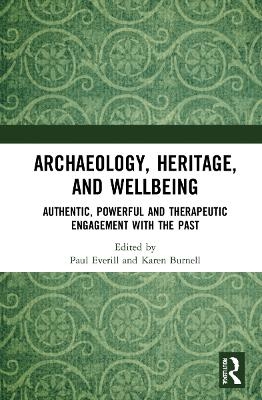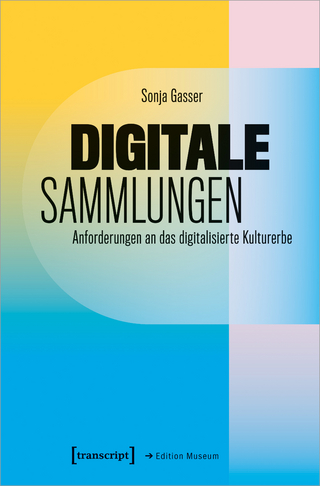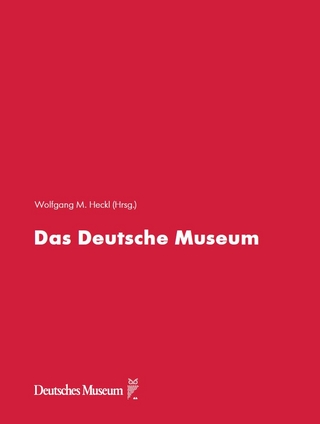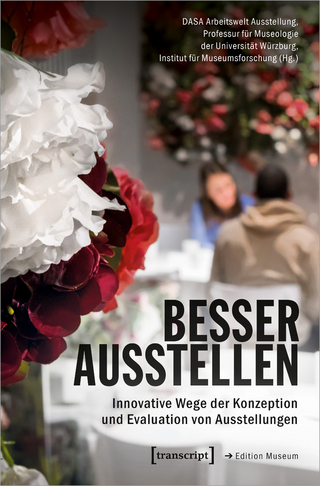
Archaeology, Heritage, and Wellbeing
Routledge (Verlag)
978-1-032-02165-2 (ISBN)
Archaeology, Heritage, and Wellbeing fills an important gap in academic literature, bringing together experts from archaeology/ historic environment and mental health research to provide an interdisciplinary overview of this emerging subject area.
The book, uniquely, provides archaeologists and heritage professionals with an introduction to the ways in which mental health researchers view and measure wellbeing, helping archaeologists and other heritage professionals to move beyond the anecdotal when evaluating the strengths and weaknesses of such initiatives. Importantly, this book also serves to highlight to mental health researchers the many ways in which archaeology and heritage can be, and are being, harnessed to support non-medical therapeutic interventions to improve wellbeing. Authentic engagement with the historic environment can also provide powerful tools for community health and wellbeing, and this book offers examples of the diverse communities that have benefited from its capacity to promote wellbeing and wellness.
Archaeology, Heritage, and Wellbeing is for students and researchers of archaeology and psychology interested in wellbeing, as well as researchers and professionals involved in health and social care, social prescribing, mental health and wellbeing, leisure, tourism, and heritage management.
Paul Everill is Senior Lecturer in Archaeology at the University of Winchester, UK, and Co-Director of the Anglo-Georgian Expedition to Nokalakevi. Karen Burnell is Associate Professor of Applied Psychology at Solent University and a Chartered Psychologist by research.
Introduction Part 1 Context 1 What is Wellbeing and How Do We Measure and Evaluate It? 2 Introduction to Archaeology: A Personal Perspective 3 Heritage Interventions to Improve Mental Health and Wellbeing: Developing a Programme Theory through a Realist-Informed Review Part 2 Museums, Healing, and Wellbeing 4 Heritage, Creativity, and Wellbeing: Approaches for Evaluating the Impact of Cultural Participation Using the UCL Museum Wellbeing Measures 5 Exhibitions, Healing and Sharing the Stories of Australian Veterans 6 Wellbeing and Greening Sites of Heritage: A Liverpool Lens Part 3 Connecting with the Land 7 Using Archaeology to Strengthen Indigenous Social, Emotional, and Economic Wellbeing 8 Archaeology as "Self-Therapy": Case Studies of Metal Detecting Communities in Britain and Denmark 9 Wellbeing and Brotherhood on the Colchian Plain: Engagement with Multinational Veterans through Archaeological Excavation at Nokalakevi, Georgia Part 4 Archaeology as Therapeutic Tool 10 From Nisarouin to Hougoumont: A Comparative Study of the Impact of Two Veteran-Focused Archaeological Initiatives on the Mental Wellbeing of Military Personnel and Veterans 11 How Do Interventions Using Heritage-Based Activities, Impact on Mental Health and Wellbeing? An Analysis of Breaking Ground Heritage and Operation Nightingale Outcomes 12 American Veterans Archaeological Recovery: A Strengths-Based Approach Part 5 Engaging with Wellbeing 13 Assembling Wellbeing in Archaeological Teaching and Learning 14 Wellbeing and the Historic Environment: A Strategic Approach 15 Having a Wander through Whitechapel: Towards a Methodological Framework for a Therapeutic Urban Psychography
| Erscheinungsdatum | 06.06.2022 |
|---|---|
| Zusatzinfo | 12 Tables, black and white; 32 Halftones, black and white; 32 Illustrations, black and white |
| Verlagsort | London |
| Sprache | englisch |
| Maße | 156 x 234 mm |
| Gewicht | 760 g |
| Themenwelt | Kunst / Musik / Theater |
| Sachbuch/Ratgeber ► Gesundheit / Leben / Psychologie | |
| Reisen ► Reiseführer | |
| Geisteswissenschaften ► Archäologie | |
| Geisteswissenschaften ► Geschichte ► Hilfswissenschaften | |
| Medizin / Pharmazie ► Gesundheitswesen | |
| ISBN-10 | 1-032-02165-9 / 1032021659 |
| ISBN-13 | 978-1-032-02165-2 / 9781032021652 |
| Zustand | Neuware |
| Haben Sie eine Frage zum Produkt? |
aus dem Bereich


